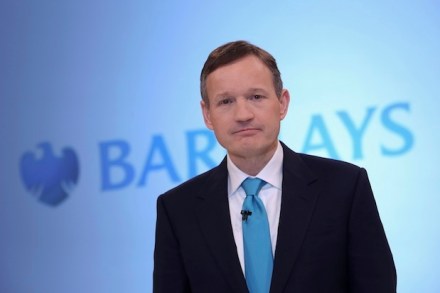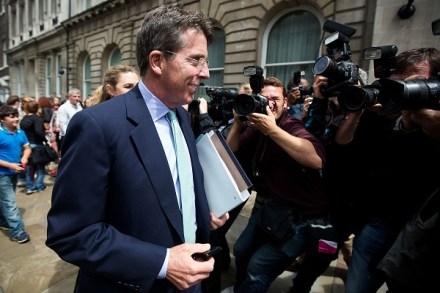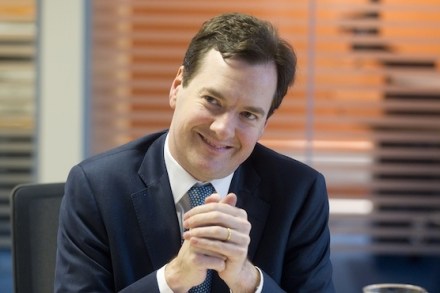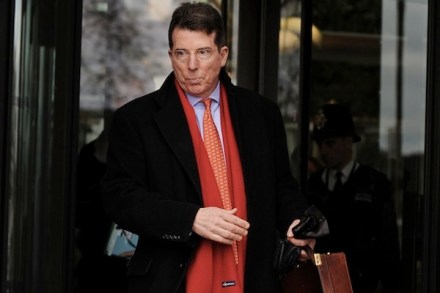Where I’m looking for the next great banking blow-up
A reader likens me to Dr Pangloss, the quack philosopher in Voltaire’s Candide who insisted that ‘all is for the best in the best of all possible worlds’ even after he was reduced to a syphilitic beggar. It’s true that I tend to regard positive indicators — a 22-year high in the BDO index of business expectations, a CBI statement that ‘we’re starting to see the right kind of growth’ — as a pattern of recovery, rather than a mirage in a minefield. But rest assured I’m also on constant alert for ‘black swans’, those change-making events that (so we learned from a more modern thinker, Nassim Nicholas Taleb) come














